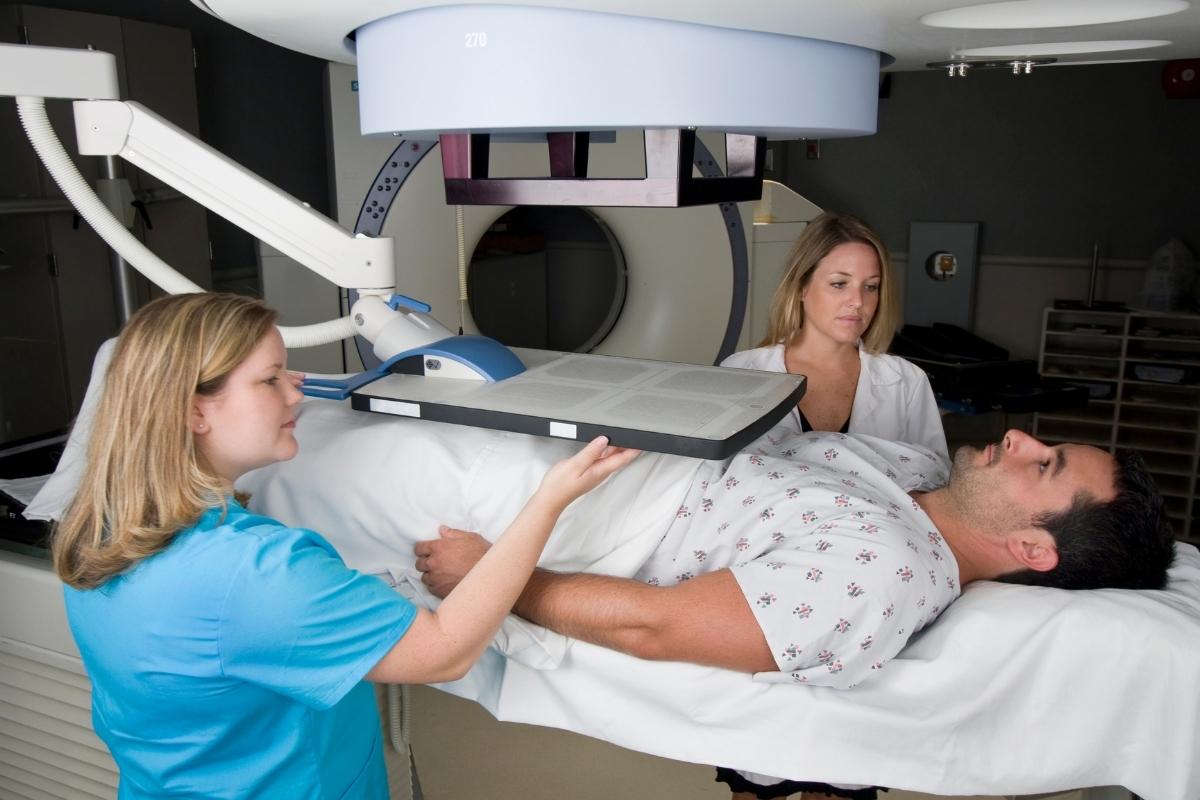- drranajitk@gmail.com
- 0 Comments
The Importance of Regular Prostate Cancer Screenings
Often seen to grow slower and less harmful during early stages, while compared to other cancers, Prostate cancer is among the most common cancers affecting men globally. However, understanding the importance of regular screenings with early detection can help in making informed decisions and help in successful treatment.
Remember, Prostate cancer generally does not show symptoms in early stages, but when symptoms like difficulty in urinating, blood in urine or semen, or pelvic discomfort arises, your cancer might already have advanced. Frequent screenings can help detect your prostate cancer before symptoms arise, ultimately improving your chances of a longer life with better treatment options.


While consulting a doctor your doctor might ask you to go for two primary methods of screening, notably:
- Prostate-specific Antigen (PSA) Blood Test: PSA is normally a protein produced by the prostate gland in our body. Any elevated levels of it in our body might indicate prostate cancer or other prostate issues. Note, higher PSA levels might also indicate benign conditions like prostate enlargement or inflammation.
- Digital Rectal Exam (DRE) : DRE or digital rectal exam is generally a physical exam, where your doctor or your healthcare provider inserts a gloved and lubricated finger into your rectum to check for lumps, bumps or irregularities. Such lumps or bumps may indicate various health issues including prostate cancer along with hemorrhoids and other rectum or anus related issues.
Who Should Get Tested?
Prostate cancer, on a global average, is seen to affect men generally above the age of 50. Accordingly screening is recommended for people or men with or above an age of 50. However, genetics is another factor that should not be ignored. People with a family history of prostate cancer should start considering for screening at around age 40.
Remember, early detection of prostate cancer is not just treatable, but can be less invasive too. Early cancers or those that haven’t spread can be managed with surgery, radiation, or active surveillance. Early detection also helps in offering treatment options with less side effects.
Risks & Considerations
Every other medical procedure or treatment has potential risk. Similar with prostate cancer certain risks like false positives, over diagnosis, unnecessary treatments leading to side effects like incontinence or erectile dysfunction might arise. Thus shared decision-making with your doctor along with understanding personal risk factors, weighing pros and cons of screening helps in ensuring best outcomes.
Remember, true awareness about prostate cancer along with regular checkups and open conversations with your doctor can help in early detection in case of prostate cancer, and improve treatment options and outcomes. Do not wait, see your doctor if you are over 40 and talk about your chances of screening. For more details visit Dr. Ranajit Kar.
